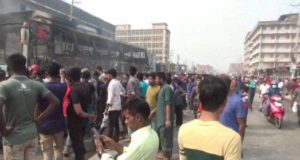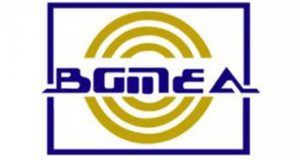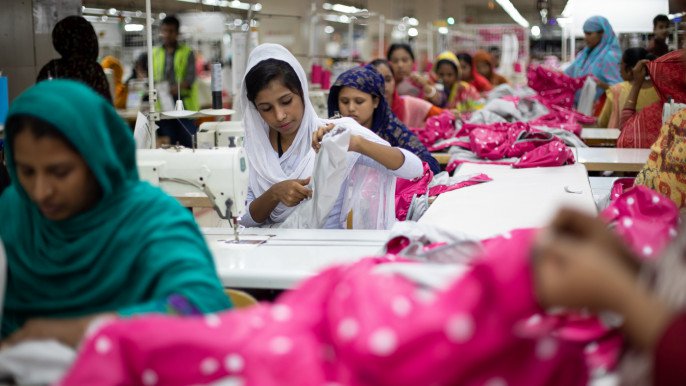Published in the daily New Age on 8, May, 2017
The Accord on Fire and Building Safety in Bangladesh, a platform of European brands and buyers, on Monday said that the retailers and global unions had been engaged in negotiation on how to ensure regulations in the Bangladesh’s readymade garment sector beyond June, 2018 as the work of the initiative would not be completed by the timeframe.
At a press conference marking its four years of operation at the La Vinci Hotel in the capital Dhaka, the platform said it inspected 1,849 RMG factories and 65 factories had so far completed 100 per cent of initial remediation.
According to the progress report of the platform, more than 82 per cent of Accord-listed factories remain behind schedule for fixing safety faults found at the factories during the initial fire, electrical and structural safety assessments.
As of April, the total number of Accord-inspected factories were 1,655 and 1,360 of them remained behind schedule for completion of remediation.
The report also showed that 77 per cent of safety faults in Accord’s supplier factories had been corrected while over 400 factories completed more than 90 per cent of remediation.
‘There is a wide consensus among the signatories to the Accord, global unions and its local affiliates that the work of Accord will not be completed by June 2018 and the progress related to the capacity development of the social partners and to regulate safety in the industry will still be inadequate,’ Rob Wayss, executive director of the Accord, said at the press conference.
Following the Rana Plaza building collapse in April 24, 2013 that killed more than 1,100 people, mostly garments workers, EU-based 220 global brands and retailers and two global unions formed the Accord undertaking a five-year plan, which set timeframes and accountability for inspections and training and workers empowerment programmes.
As the Accord enters the 5th year next month, the signatory companies are committed to supporting the factories and the platform is going to launch a direct financial support programme for the factories it inspected that have no current business relationship with Accord signatory companies, Rob said.
‘We must remain vigilant to drive remediation to completion as we still see too many factories with major safety concerns unfixed,’ he said.
Looking beyond 2018, apparel brands and retailers and unions are in discussions on how to best ensure that safety regulations and safety rights in the RMG industry in Bangladesh are adequately upheld and further developed, Rob said.
Joris Oldenziel, head of public affairs at the Netherlands office of the Accord, said that it was important to ensure that major and costly safety measures, such as protected fire exits, fire alarm and fire protection systems and structural retrofitting work, could and would be remediated urgently.
The Accord remediation fund would provide qualified suppliers with access to direct funding for 50 per cent of remaining remediation costs for covered factories with no current Accord business, he said.
‘This direct support is limited and will be implemented on a first-come-first-serve basis,’ Joris said.
 CPD RMG Study Stitching a better future for Bangladesh
CPD RMG Study Stitching a better future for Bangladesh



